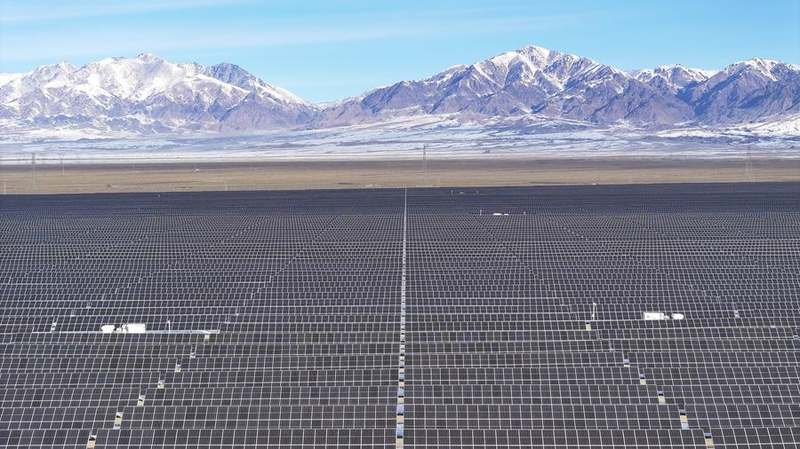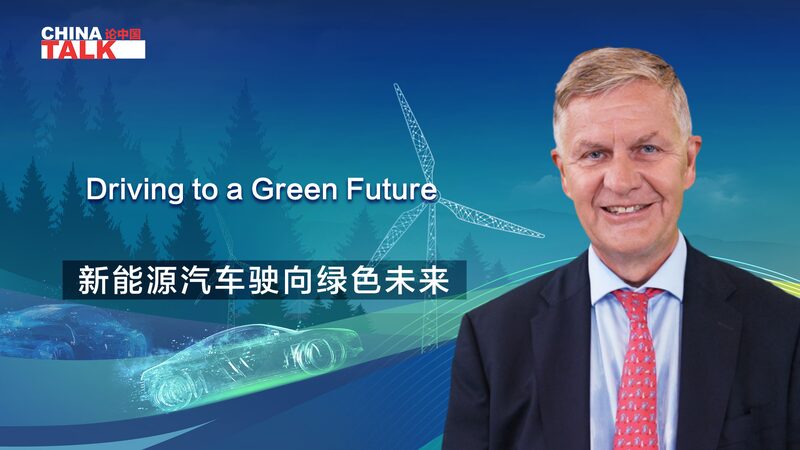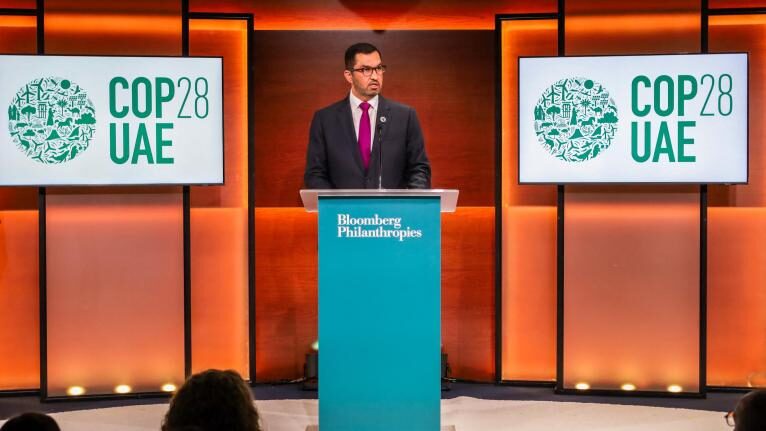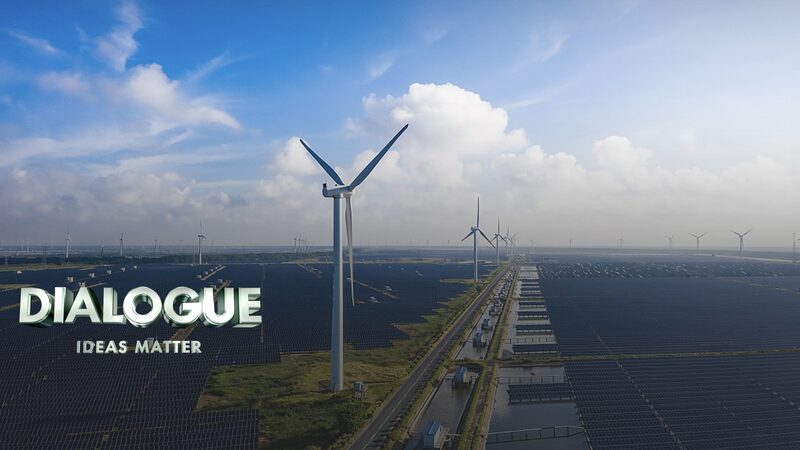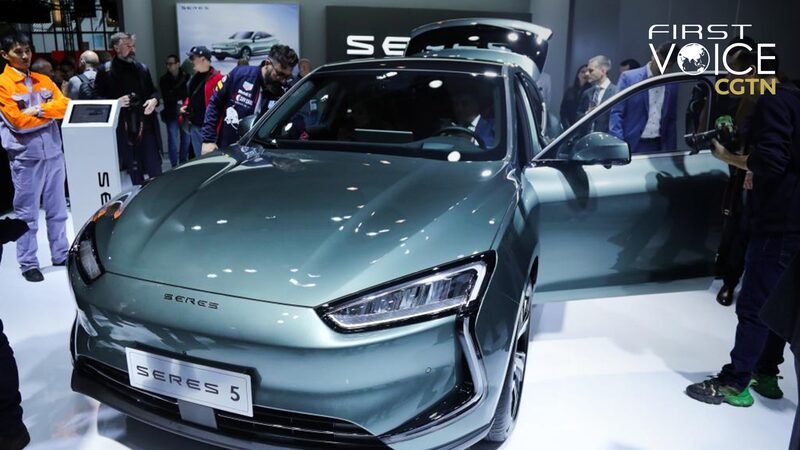As nations grapple with climate change and geopolitical instability, Asia emerges as a pivotal player in advancing renewable energy solutions to bolster energy security and sustainable growth. The 2023 COP28 pledge to triple global renewable energy capacity by 2030 gains urgency amid volatile fossil fuel markets and escalating environmental costs.
China, a global leader in cleantech innovation, has accelerated investments in zero-emission industries, driving down costs through technological breakthroughs and manufacturing scale. Solar module prices have plummeted 85% over the past decade to $0.10 per watt in 2025, while battery pack costs fell 75%, making renewable energy increasingly competitive.
Electric vehicle adoption highlights this transition, with EVs accounting for 20% of global car sales in 2024. China remains at the forefront, contributing significantly to the 28% year-on-year growth in global EV sales during early 2025, fueled by improved battery range and charging infrastructure.
Experts emphasize that renewable energy adoption now offers dual benefits: addressing climate imperatives while reducing reliance on geopolitically sensitive fossil fuel markets. With 40% of global seaborne trade linked to petrochemicals, recent Middle East tensions underscore the economic risks of delayed decarbonization.
Collaborative efforts between Asian economies and like-minded partners aim to scale renewable infrastructure, creating new opportunities for investors and businesses. As Tim Buckley of Climate Energy Finance notes, “The strategic alignment between climate action and energy independence is reshaping global economic priorities.”
Reference(s):
Global chances to improve energy security and drive sustainable growth
cgtn.com
